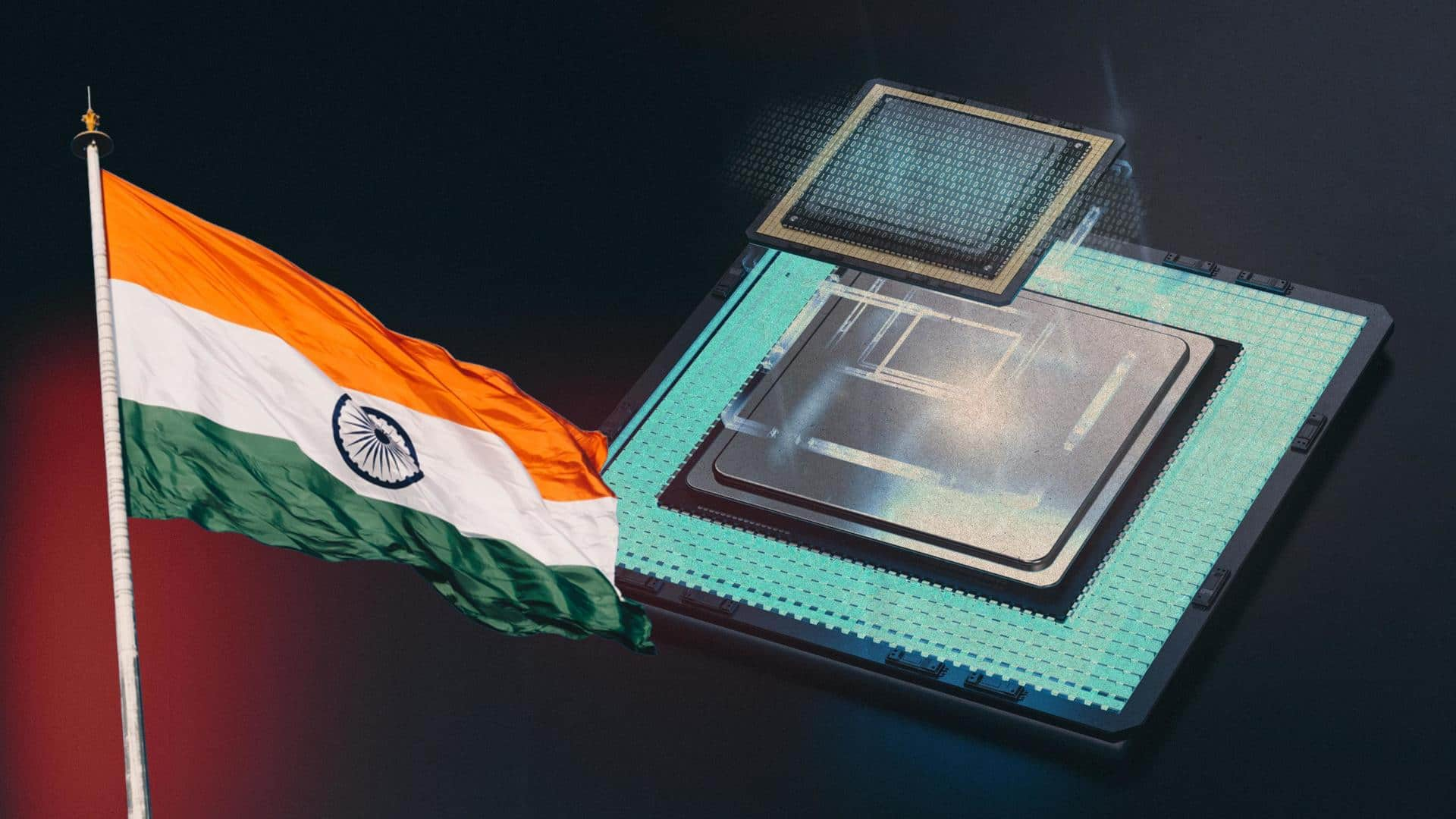
India's National Quantum Mission: What it is and its significance
What's the story
Quantum technology has the potential to revolutionize the world we live in. India's Union Cabinet, on Wednesday, approved the National Quantum Mission (NQM). The mission will cost Rs. 6,003 crore and will fund the research and development of quantum technology in the country. Let's take a look at what the mission is and its significance for India.
Context
Why does this story matter?
Quantum science emerged from the study of the smallest particles in nature. Quantum technology is based on quantum mechanics, which was developed about a century ago. It first helped us understand the physical world, and now it promises to deepen our understanding of the universe. On top of that, it can deliver groundbreaking technologies that can change the way we perceive the physical world.
NQM
India is the 7th country to have a quantum mission
India is only the seventh country in the world to have a dedicated quantum mission. The only countries before India to have such a mission are the US, China, France, Canada, Austria, and Finland. The mission was approved at a cabinet meeting chaired by Prime Minister Narendra Modi. NQM will run from 2023-2024 to 2030-2031.
Purpose
NQM will have wide-ranging applications
The mission's purpose is to nurture and strengthen scientific and industrial research and development of quantum technology. "The NQM will help India take a quantum leap in this area of research," said Jitendra Singh, the minister of the Department of Science and Technology (DST). It will have wide-ranging applications from health care and diagnostics to defense and energy.
Executive
The mission director will have a dedicated secretariat
DST will lead the mission with support from other departments. It will have a mission director with a dedicated secretariat. A renowned scientist or an entrepreneur from the technology industry or research sector will chair NQM's governing body. The Principal Scientific Advisor will head the Mission Technology Research Council. The council will act as the scientific advisory mechanism to the governing body.
Quantum computing
The government plans to develop 'intermediate scale' quantum computers
The main allure of NQM is quantum computing. Quantum computers hold incredible promise, as they can easily solve complex problems that would take normal supercomputers years to solve. NQM involves the development of "intermediate scale" quantum computers with 20-50 'qubits' in three years, 50-100 'qubits' in five years, and 50-1,000 'qubits' in eight years. A 'qubit' is the quantum computing analog of a 'bit.'
Quantum communication
National, international, and inter-city quantum communications will be developed
The mission also aims to develop "quantum communications between ground stations over a range of 2,000km within India, long-distance secure quantum communications with other countries, and inter-city quantum key distribution over 2,000km," a press statement by the DST said. As far as quantum communication is concerned, multi-node quantum networks with quantum memories will also be worked upon.
Others
NQM will help develop magnetometers and superconductors
NQM's deliverables do not end there. Magnetometers with high sensitivity in atomic systems and highly precise atomic clocks will be developed as part of the mission. The government also plans to help design and synthesize quantum materials, including "superconductors, novel semiconductor structures, and topological materials for fabrication of quantum devices," Singh said. India can be a world leader in quantum technology, Singh added.
Information
There will be 4 thematic hubs in academic, R&D institutes
As part of the mission, there will be four thematic hubs in top academic and national R&D institutes. The four domains will be quantum computing, quantum communication, quantum sensing and meteorology, and quantum materials and devices.
Significance
Quantum computing can revolutionize the world
Humanity is troubled by several complex issues that none of our supercomputers can solve. Quantum computing is the answer to this. It has the potential to revolutionize several fields, including medicine, AI, machine learning, finance, and more. However, quantum computing is still in its infancy. A dedicated mission will give India a headstart in the next computing revolution.